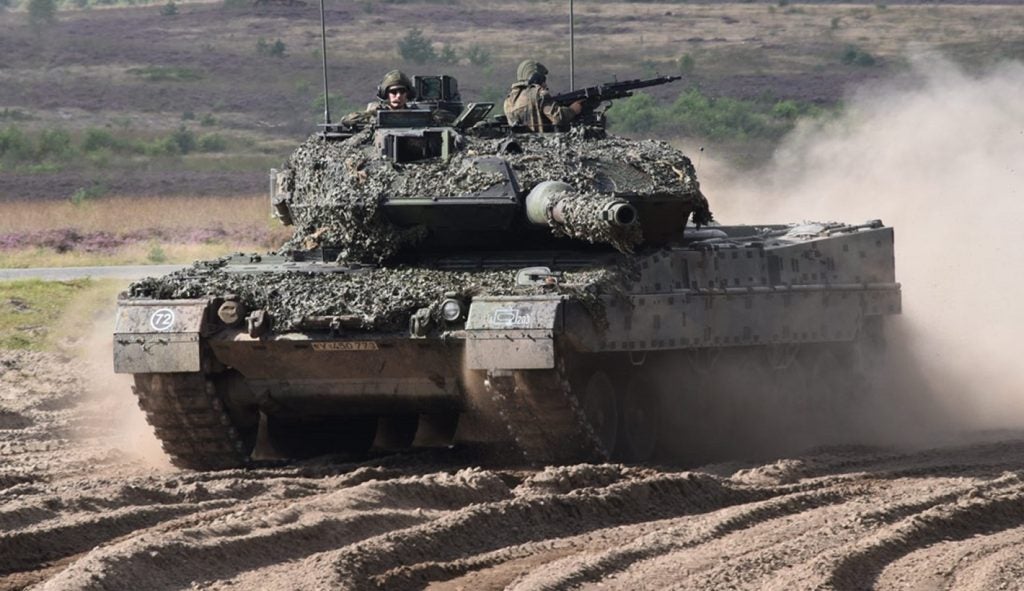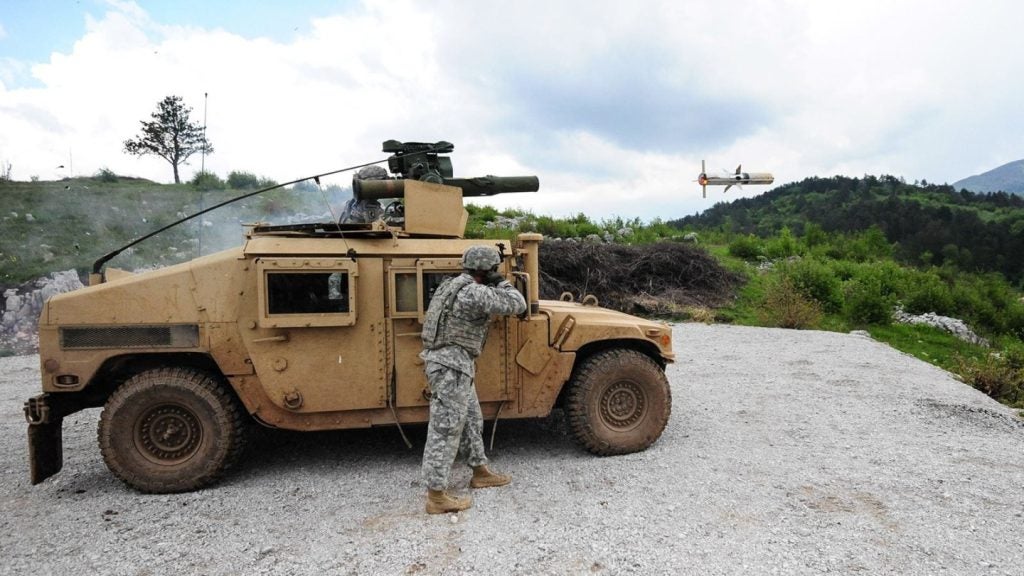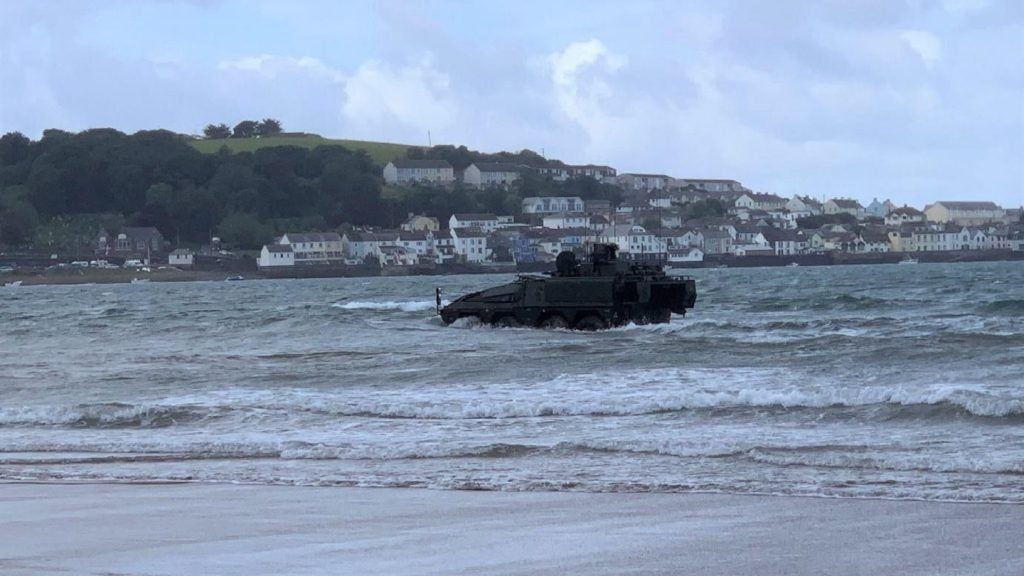The Ukrainian security forces fired cluster munitions in populated areas in the eastern industrial city of Donetsk earlier this month, an act that may amount to war crimes, Human Rights Watch (HRW) has claimed.
In a document prepared after a week-long investigation in eastern Ukraine, HRW has alleged that cluster munitions were extensively used in fighting between government forces and pro-Russian rebels in more than a dozen urban and rural locations.
How well do you really know your competitors?
Access the most comprehensive Company Profiles on the market, powered by GlobalData. Save hours of research. Gain competitive edge.

Thank you!
Your download email will arrive shortly
Not ready to buy yet? Download a free sample
We are confident about the unique quality of our Company Profiles. However, we want you to make the most beneficial decision for your business, so we offer a free sample that you can download by submitting the below form
By GlobalDataThe organisation blames the Ukrainian forces for several cluster munition attacks, citing evidence at the impact site that indicated that the munitions came from the direction of government-controlled areas south-west of Donetsk.
Human Rights Watch senior arms researcher Mark Hiznay said: "It is shocking to see a weapon that most countries have banned used so extensively in eastern Ukraine.
"Firing cluster munitions into populated areas is utterly irresponsible and those who ordered such attacks should be held to account.
"The best way for the Ukrainian authorities to demonstrate a commitment to protect civilians would be an immediate promise to stop using cluster munitions."
In its report, HRW documented 12 cluster munition attacks that took place in Starobesheve, Makiivka, Ilovaisk, and Donetsk, as well as the Novosvitlivka village in Luhansk province, killing at least six people, including an International Committee of the Red Cross employee, and injuring dozens.
The evidence overwhelmingly suggests that the rockets were fired from government-held areas near the village of Novomykhailivka, south-west of Donetsk.
In all, the organisation has claimed to have found 16 surface-fired 220mm Uragan and six 300mm Smerch cluster munition rockets that would have contained 912 individual fragmentation submunitions, including 9N210 submunition.
HRW, however, failed to determine the total number of cluster munition rockets used to date in the conflict, and urged Ukraine and Russia to make an immediate commitment not to use cluster munitions and to accede to the cluster munitions treaty.
Meanwhile, the Ukrainian Government has neither confirmed nor denied using cluster munitions in eastern Ukraine, and has not responded to a letter sent by the Cluster Munition Coalition in July or a letter sent by Human Rights Watch on 13 October.
Cluster munitions contain dozens or hundreds of submunitions in a container such as a rocket or a bomb, which are designed to explode on hitting the ground and spread indiscriminately over a wide area, putting both combatants and civilians at risk of death or injury.
In addition, several submunitions do not explode on contact, but remain armed, becoming de facto landmines that remain hazardous until cleared.
Image: Remnants of a Uragan cluster munition rocket in a field in territory controlled by the Ukrainian Government near Novomykhailivka, Ukraine. Photo: © 2014 Ole Solvang/Human Rights Watch.









